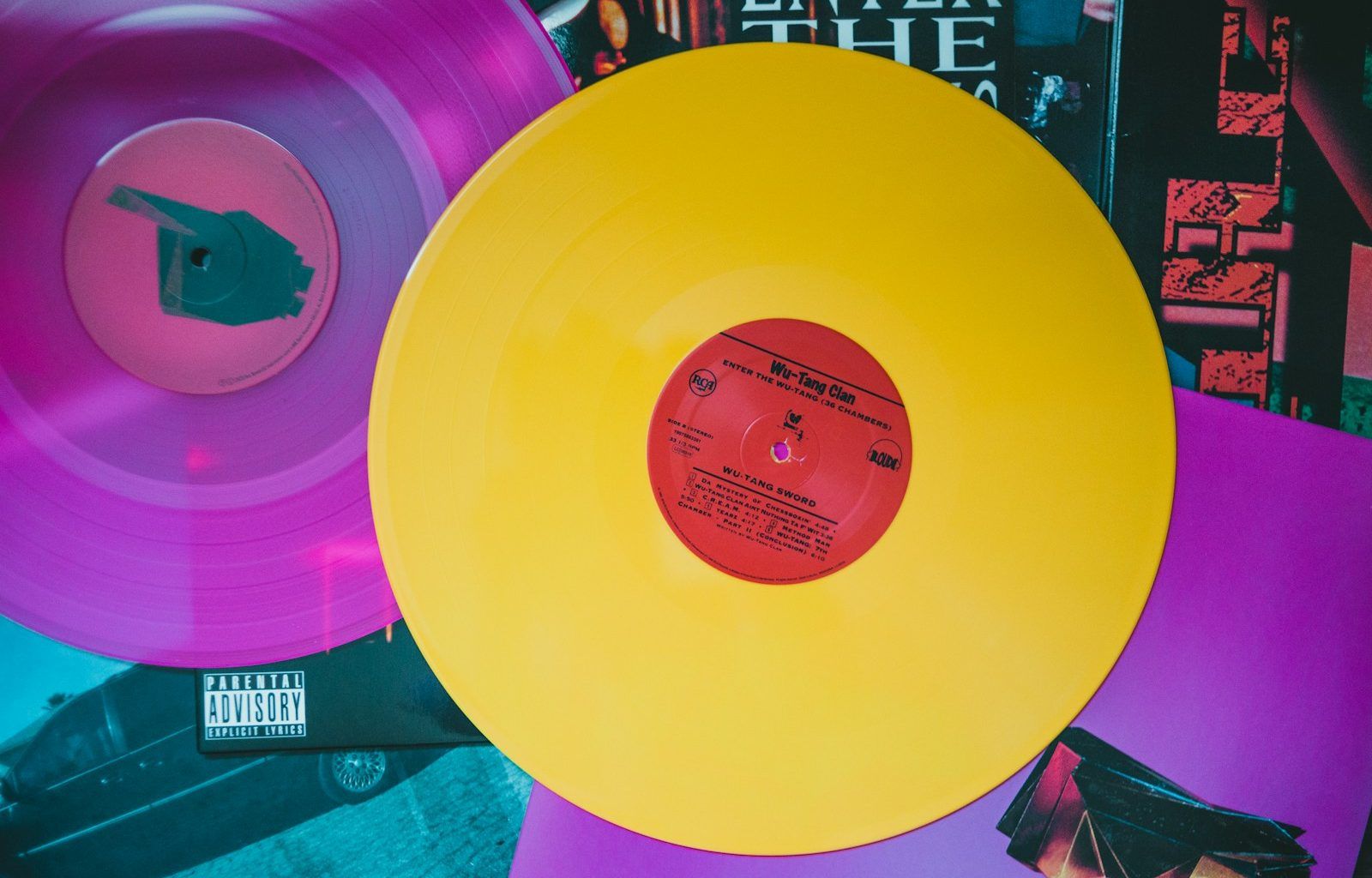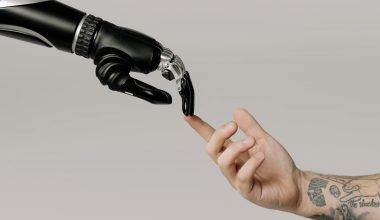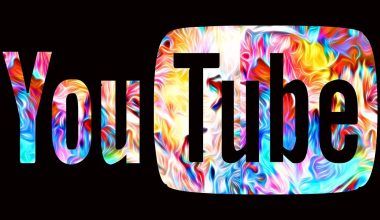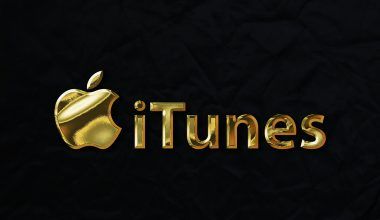If you’ve ever browsed through a musician’s discography or scrolled through your favorite music platform, you might have come across the term EP album. You’re not alone if you’ve wondered, “What’s an EP album?” Many people don’t know exactly what it is, but don’t worry—we’ll break it all down for you. By the time you finish reading, you’ll know what an EP is, why artists love them, and how they fit into the world of music.
The Basics: What Does EP Stand For?
The term EP stands for Extended Play. It’s a type of music release that sits somewhere between a single and a full-length album. While a single usually contains just one or two tracks, an EP album typically has more songs—usually around 3 to 5, though there’s no strict rule.
Think of it like this: an EP is longer than a single but shorter than an album. This makes it perfect for artists who want to share more music than just a single song but aren’t ready to commit to a full album.
A Little History: Where Did EP Albums Come From?
To understand the origins of the EP album, we need to take a quick trip back in time. The concept of an EP first appeared in the vinyl era, around the 1950s. Back then, EPs were smaller records—usually 7 inches—that could hold more music than a single but less than a full LP (long play) album.
Artists used EPs to showcase a handful of tracks, and they became popular for previewing new music or experimenting with different sounds. Over the decades, as music formats evolved from vinyl to cassettes, CDs, and digital streaming, the EP format adapted but never disappeared.
Why Do Artists Release EPs?
There are several reasons why EP albums are so popular among musicians.
- Creative Flexibility
An EP album allows artists to explore new ideas or experiment with different styles without the pressure of creating a full album. It’s like testing the waters to see how fans react. - Cost-Effective Production
Let’s face it—making a full-length album can be expensive. An EP is a more affordable option, especially for independent artists or those just starting out. - Quicker Turnaround
Albums take time—sometimes years—to produce. EPs, on the other hand, can be created and released much faster, keeping fans engaged and excited for what’s next. - Perfect for Streaming
In the age of Spotify, Apple Music, and YouTube, shorter releases like EPs are a great fit. They’re bite-sized and easy for listeners to digest, which is exactly what today’s audience loves.
How Is an EP Album Different From a Full Album?
Here’s where things get interesting. While EPs and albums both contain multiple songs, they serve very different purposes.
- Length: A full album typically has 10 to 15 songs and can run for 40 minutes to over an hour. In contrast, an EP album usually clocks in at 15 to 30 minutes.
- Concept: Albums often have a central theme or tell a story from start to finish, while EPs are more casual. They don’t always have a unifying concept—though they can.
- Audience Engagement: EPs are great for keeping fans engaged between major album releases.
Fun Fact: EP Albums Aren’t Just for Newbies
While EPs are often associated with up-and-coming artists, even big-name musicians release them. For example, Ariana Grande’s “Christmas Kisses” and BTS’s “Map of the Soul: Persona” are both EPs. These releases let established artists experiment or connect with fans in fresh ways.
EP vs. Single: What’s the Difference?
A single is just one song, maybe two if there’s a B-side (a bonus track on the flip side of a vinyl record). An EP album, on the other hand, is like a mini-collection of songs. It’s a way for artists to offer more variety without committing to a full album.
For example, if an artist has three amazing songs they want to share, they might bundle them into an EP instead of releasing them individually as singles.
Who Listens to EP Albums?
You might be surprised to learn that EP albums appeal to a wide range of listeners.
- Casual Fans: If you’re not ready to dive into a full album, an EP is a great way to explore an artist’s work.
- Hardcore Fans: True fans love EPs because they often include exclusive tracks or experimental pieces you won’t find on full albums.
The Rise of EPs in the Streaming Era
In today’s music landscape, streaming platforms have completely changed how we consume music. Listeners now prefer shorter releases, and EP albums are perfect for this trend. They’re quick to stream, easy to share, and ideal for playlists.
How to Spot an EP Album
If you’re scrolling through an artist’s discography, look for clues:
- Track Count: Does it have 3 to 5 songs?
- Run Time: Is it under 30 minutes?
- Label: Sometimes, artists will explicitly label a release as an “EP.”
EPs as a Career Milestone
For many artists, releasing an EP is a big step in their career. It’s often seen as a stepping stone between singles and a debut album. An EP album allows musicians to introduce themselves to the world or show off a new direction in their music.
Examples of Iconic EP Albums
- The Beatles: Did you know The Beatles released several EPs in their early days? These short collections helped the band gain momentum before their legendary full albums.
- Halsey’s “Room 93”: This EP introduced fans to Halsey’s unique sound and storytelling style.
- Kanye West’s “808s & Heartbreak” Demos: While not a traditional EP, these tracks gave fans a glimpse into the artist’s creative process.
What’s Next for EP Albums?
As music continues to evolve, EP albums will likely remain a key part of the industry. They’re versatile, cost-effective, and loved by both artists and fans. Whether you’re a casual listener or a die-hard music lover, EPs offer something special—a chance to explore new sounds, discover emerging talent, and enjoy music in a way that’s both convenient and meaningful.
So the next time you come across an EP album, give it a listen. Who knows? You might just discover your new favorite artist or song!
For further reading, explore these related articles:
- Top 10 Billboard Hits: The Songs That Shaped Music History
- The Complete Story Behind the Billboard Music Chart Achievement Award
For additional resources on music marketing and distribution, visit Deliver My Tune.






